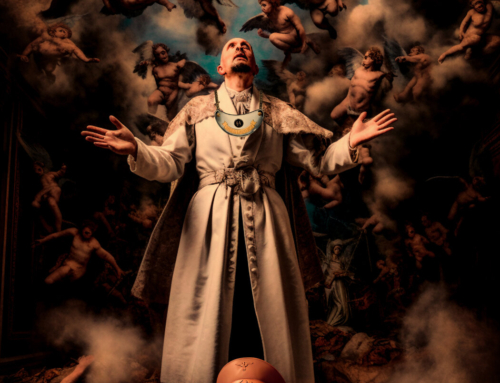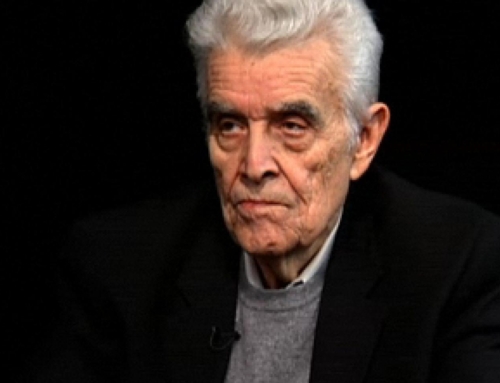I have been asked on social media to write more about married priests. I should say first that I am NOT an advocate or an activist for the church to change her discipline on this matter. I respect my celibate friends too much to do so, and I respect too much my own privileged and unusual situation to campaign for married priests.
As I have written elsewhere, when considering the practical aspects of having married clergy I can make good arguments for and against. If you want to read more of my thoughts on the matter go to this blog post.
Instead let me tell the story of a college friend of mine–a fundamentalist Christian. I’ll call him Jack. Jack wanted to be a missionary. He also was in love with Pam. Pam also wanted to be a missionary. Jack got a degree in Bible as an undergraduate. He then married Pam. He completed a Masters in anthropology while he took a job as a junior pastor in a church here in the USA. After they served there for a few years to get experience as a pastor, Jack went to study linguistics and Jack and Pam also studied jungle survival. They then went around to speak at churches to raise their own support. Christian folk pledged a monthly amount and when they had enough Jack and Pam went to live in the jungles of Southeast Asia among indigenous tribal people who had never been evangelized. The tribal people spoke an unwritten language so Jack and Pam lived with them in the jungle in a grass hut and learned the language by listening and talking. By now Pam had given birth to several children. She home schooled them while Jack devised an alphabet for the tribal language, and then a rudimentary dictionary. He started to preach the gospel and baptize the converts and then he began to translate the New Testament into their language from the original Greek. Jack and Pam spent their lives in this vocation and calling bringing up their five kids.
Now, translate that to the question of married priests! If young couples like Jack and Pam stepped up for ordination the bishop could send them anywhere. Indeed, they would say, “send me to an inner city parish that is dying. We’ll bring it to life. Money? Don’t worry about that. We’ll raise the funds ourselves. Insurance? Health plans? Leave it to us. We’re young. We love God. We love people. We love the church. It will be all right.
The thing is–I actually believe there are lots of Catholic young people who would LOVE to take on such a challenge. Did anybody happen to catch a glimpse of FOCUS 24? 20,000 young college students on fire for God and the Church. What if they had a vision like Jack and Pam? They’d be met with shocked incomprehension by the hierarchy, the diocesan bureaucrats, the insurance tyrants, the financial people.
They’d be turned away because “we don’t have married priests,” but what if? What if? If we had Catholic Jacks and Pams think of how the Catholic Church would be turned upside down.
Do we want married Catholic priests (and their wives) who expect all the entitlement and convenience of American suburban lifestyles with double income, 2.3 children, a smoochy house and two cars? Probably not.
But if the married priest and his wife were Jack and Pam the Catholic Church would be truly reformed.







What if Jack were a married permanent deacon? He could preach the gospel, baptize, witness marriages. He could not, of course, say mass, but it would be a start. In any event, Father, there are missionary priests out there. The Diocese of Arlington has a priest in a Central American country who services several rural villages. And there are orders of missionaries sending priests all around the world. Perhaps your point is that the missionary orders need a lot more financial and institutional support than they currently have? I would be interested in your thoughts. Alden Abbott
My post was in a context from social media about married priests. The point was that a married couple like Jack and Pam would be no problem for the Catholic Church and, indeed, would be an amazing assett.
Agreed. Also, it could inspire vocations. E.g., a son of a priest could accompany his father in his ministry – visiting the sick, counseling parishioners, leading prayer sessions, preside over Divine Liturgy etc, and may be motivated, encouraged to follow in his father’s footsteps.
As an older, tested, stable and mature married men, he could provide good counsel and guidance to young people and young couples in growing in their relationship with God and raising their own families. This could work too, in better combatting clericalism (or latent festering homosexuality atmospheres) among the ranks of clergy.
Thanks, Father, excellent point. God bless your work.
Alden Abbott
In the Eastern Catholic churches, we have always had married priests. To be clear, here in the United States, there have been attempts to suppress the married priests. It now appears that all such attempts were for nought and have ceased. Eastern Catholic bishops are regularly ordaining married deacons as priests